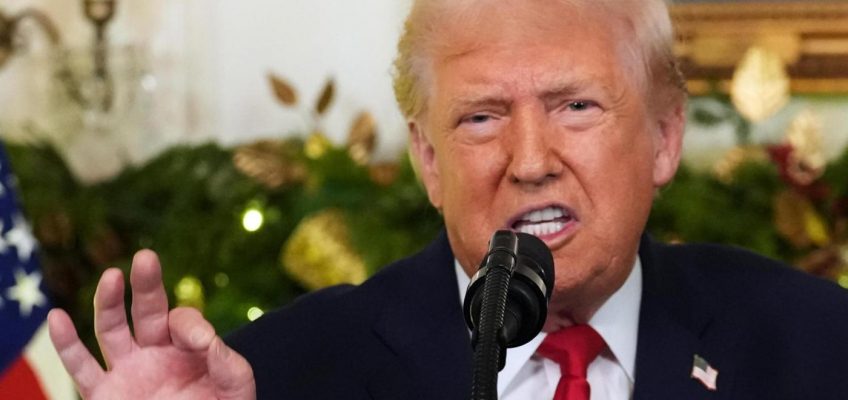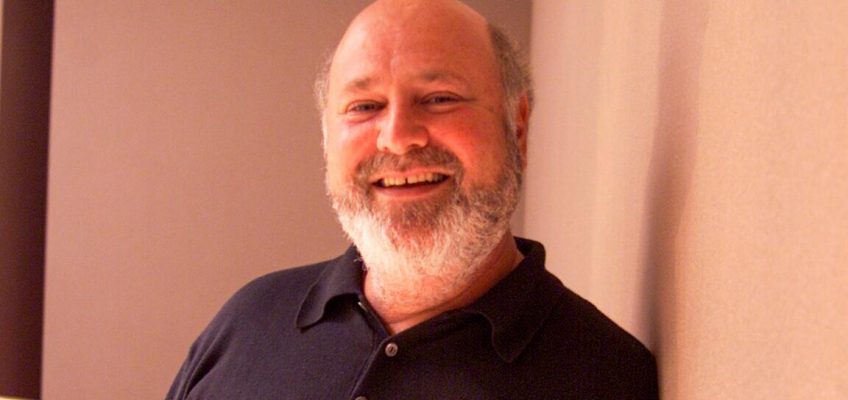Kevin Garnett is back — a big win for Minnesota — though the Big Ticket wasn’t complimentary.
The Timberwolves and Lynx announced the return of the greatest player in Wolves franchise history on Thursday in the role of “team ambassador.” Reports stated the organization had reached an “agreement” to bring Garnett back into the fold, with financial compensation attached.
Minnesota announced Garnett will “serve in a visible and active role” by attending a few home games, championing community initiatives and “helping shape the teams’ stories through exclusive content.”
Appearance fees are common. Name, Image and Likeness is the new standard operating procedure in the sports realm across all levels. Garnett should be paid for his time and contributions.
His now agreed upon jersey retirement — the date and details of which will be announced later — was also included. It is a little weird to have to negotiate a jersey retirement. Did Boston have to do the same when it raised Garnett’s jersey into the rafters three and a half years ago?
But whatever price Minnesota had to pony up was a worthwhile.
Because as great as it was to have Wally Szczerbiak be welcomed back with a personalized rubber ducky this season, and to celebrate franchise milestone anniversaries with the likes of J.R. Ryder and Latrell Sprewell, the centerpiece of Minnesota’s franchise history has been absent for a decade — since, Garnett alleged, Glen Taylor reneged on a deal to allow him to obtain a share of team ownership.
Every corporation emphasizes the importance of telling its story; the Timberwolves have had to tiptoe around theirs because the man who built much of it refused to show his face in the team’s facilities. Naz Reid is in his seventh season with the Wolves and noted Thursday he has never met Garnett.
FILE – In this Feb. 24, 2015, file photo, Minnesota Timberwolves star Kevin Garnett speaks during an NBA basketball news conference in Minneapolis. On Thursday, Dec. 18, 2025, the Wolves announced that Garnett will rejoin the organization in an ambassador role. (AP Photo / Jim Mone, File)
While Garnett won’t have a role in basketball operations, he’ll certainly be around the building and, thus, the players at least on occasion. Still active in NBA media, the Hall of Famer remains an avid fan and follower of today’s game.
In a joint statement, majority owners Marc Lore and Alex Rodriguez said Garnett is “synonymous with the Minnesota Timberwolves.”
“He is the greatest player in Timberwolves history, and his impact on our franchise and community is immeasurable,” the statement read. “This is more than a reunion — it’s a statement about honoring our past while pursuing excellence and building one of the most admired sports organizations in the world. We couldn’t be prouder to welcome him home.”
The runway to a reunion was cleared when the primary target of Garnett’s disdain — now former majority owner Taylor — officially relinquished team control to the tandem of Lore and Rodriguez.
Since entering the fold four years ago, Lore and Rodriguez have repeatedly heard about the fanbase’s yearning to have Garnett’s jersey hoisted into the rafters at Target Center, a ceremony the former NBA MVP had previously refused. To the new ownership’s credit, they made it their mission to check that box that was so important to local supporters.
“I know it’s been a priority for Marc and Alex … to be able to reach out and to bring KG back into the fold,” Wolves coach Chris Finch said. “It’s an exciting time, for sure.”
Kelly Laferriere, an advisor to the Wolves’ new ownership group, was said to have played a big role in bringing the two parties together. Trust was established over the past four years to the point where Garnett finally agreed to a reunion.
“I’m thrilled to be back home,” Garnett said in a statement. “Minnesota is where it all began, where I was young, hungry and learning how to compete at the highest level. I’m excited to be back in the Twin Cities at a time when Marc and Alex are setting a bold new vision for this franchise. Their leadership has brought fresh energy to the organization, and I’m excited to help build what’s next for the Timberwolves, our fans and this community.”
There is little doubt ownership will see a healthy return on their investment.
Now Garnett can be prominently featured on social media and in-arena videos sure to produce massive engagement and excitement from a fan base that still widely sports No. 21 jerseys. He can do voiceover for videos. He can toss T-shirts into stands. He can connect the dots between the last successful run of Wolves’ basketball two decades ago to the current one.
You can’t put a price on that.
Related Articles
Report: Kevin Garnett to join Timberwolves in off-court role, have jersey retired
Timberwolves, again, show that a lack of ball movement leads to losses
Frederick: Chris Finch making young Wolves earn minutes
Short-handed Timberwolves again strike brilliant offensive balance in win over Kings
Timberwolves player net ratings through 25 games: Donte DiVincenzo is still king




